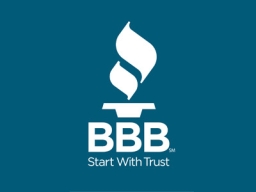It is the height of the holiday season and I had three interviews today about scams and a fourth one was just scheduled for next week. It is a time of joy and peace for most; for scammers, it is one of the busiest times of the year.
Why is that?
There are two reasons, really. One is just the nature of the holiday season – lots going on, people spending considerably more money than usual and charitable giving at its height. The overarching reason, though, is that scammers look for things they can “hang their hat on”, as my father would have said. They look for big events or times of year, or for other things that people value about themselves (demographics, military service, profession). Scammers look for things that people will identify with, that may make them lower their guard, just a bit. Once a person’s guard is down, that is when scammers know the have the best chance.
One of the most common examples is the holiday season. Everybody loves the holidays, right? As already stated, it is a time when many are particularly charitable, spending more money than usual, and looking for bargains. These are the bread and butter for scammers, and it is why we see so much scam activity during the holidays.
The holidays are a time when we see every type of scam you can imagine – fake charities, merchandise at incredible discounts that turn out not to be real, holiday-specific scams of every shape and size, and the list goes on and on. It is a time when we must all be extra cautious with both our money and our personal information, or risk getting a holiday surprise that none of us would ever choose.
There is a larger lesson, though, and that is the idea that scammers gravitate toward the sorts of things we have already discussed; they shape many of their scams around those things that make us comfortable and can make us lower our defenses. We live in a world that requires us to be vigilant. Does the offer seem to good to be true? It probably is. Have we checked out this deal or opportunity to make sure it is for real? We probably should.
Have a fantastic holiday, of course, but also let it be a reminder to stay on the lookout for scams. The more vigilant you are, the more questions you ask and the more verification you require before turning over your money or your personal information, the better off you will likely be.
